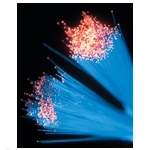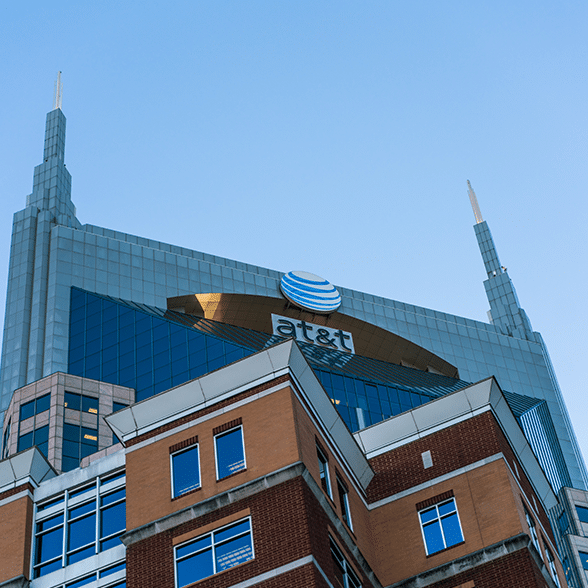 An electric co-op broadband provider operating in parts of Arkansas and Oklahoma has joined the ranks of network operators who have trialed or are trialing next generation FTTP technology NG-PON2, capable of supporting 10Gbps broadband.
An electric co-op broadband provider operating in parts of Arkansas and Oklahoma has joined the ranks of network operators who have trialed or are trialing next generation FTTP technology NG-PON2, capable of supporting 10Gbps broadband.
For now, OzarksGo — the fiber network subsidiary of Ozark Electric Cooperative — is adding NG-PON2 equipment only to one substation for testing purposes, explained Randy Klindt, general manager for OzarksGo, in an interview with Telecompetitor.
OzarksGo has bigger plans for NG-PON2 moving forward, however.
“After testing is complete and once we create an offering in the small business market, we will roll it out on a success-based basis,” said Klindt.
OzarksGo FTTP Evolution
OzarksGo already has begun the process of deploying GPON technology supporting speeds of up to 1 Gbps throughout its service area and NG-PON2 can be easily overlaid onto that infrastructure — and where there is demand for 10 Gbps service, the company plans to do that, Klindt explained.
NG-PON2 boosts the bandwidth that GPON technology can support by adding more wavelengths to the existing infrastructure. NG-PON2 technology could have particular appeal as a means of supporting connectivity for Ozark Electric Cooperative, according to Klindt.
“We’re excited about multiple wavelengths and flexibility with possibly separating electric utility traffic from internet traffic using VLANs,” he said. Potentially electric utility traffic could get its own wavelength, he noted.
OzarksGo funded its GPON deployment through a CoBank loan. The company is now in the first year of a six-year deployment schedule and, if demand rises, the company would consider deploying NG-PON2 from the start in some areas.
While residents in some parts of OzarksGo have 300 Mbps service from Cox and/or gigabit service from AT&T available to them, others have only slow DSL or satellite broadband.
The OzarksGo GPON deployment uses equipment from Calix and supports voice and video as well as internet service. OzarksGo charges $79.95 monthly for 1 Gbps service or $49.95 monthly for 100 Mbps service. Take rates have exceeded what the company forecast.
“We beat our one-year target and most surprising was that among internet subscribers, we have a 28% gigabit take rate,” commented Klindt.
Other companies that have trialed NG-PON2 include Verizon and CenturyLink.


